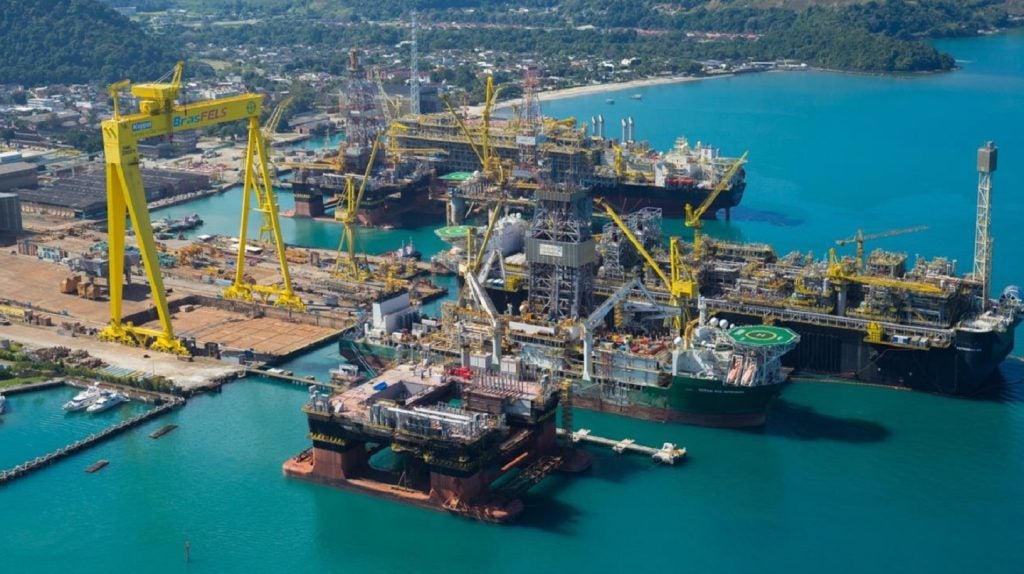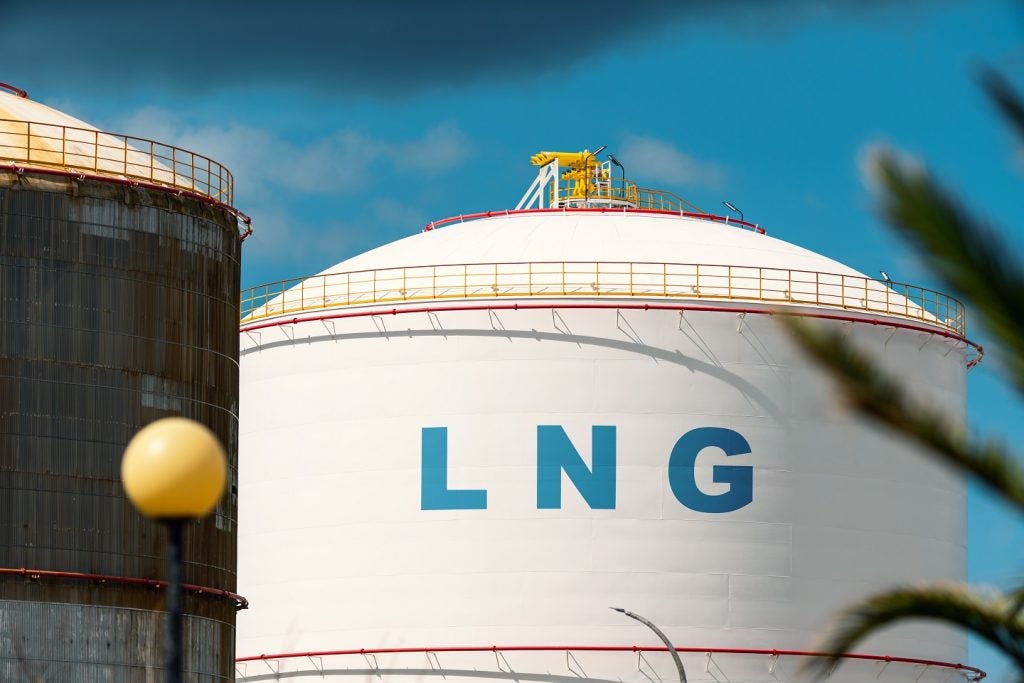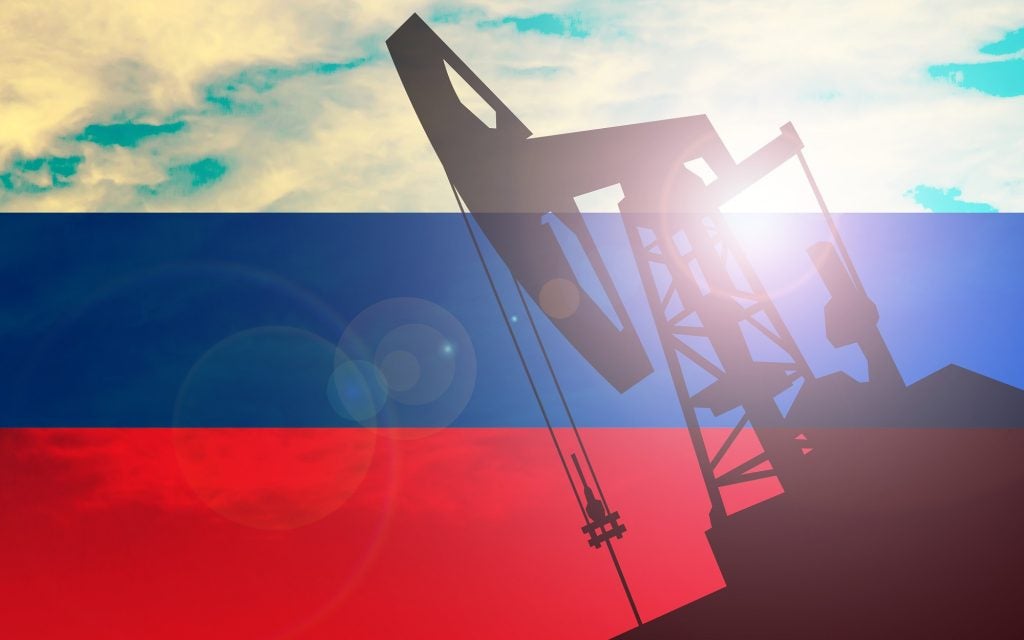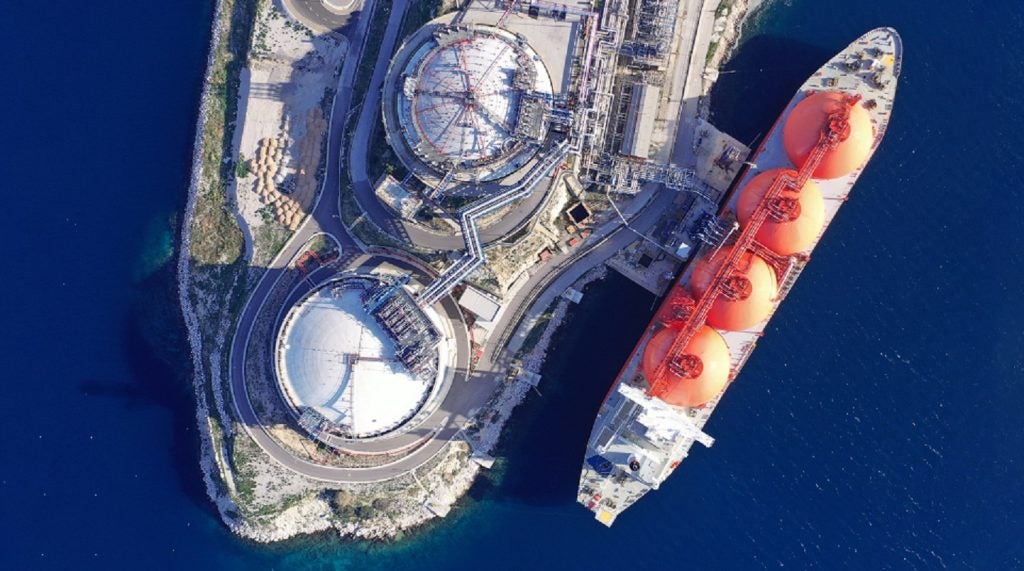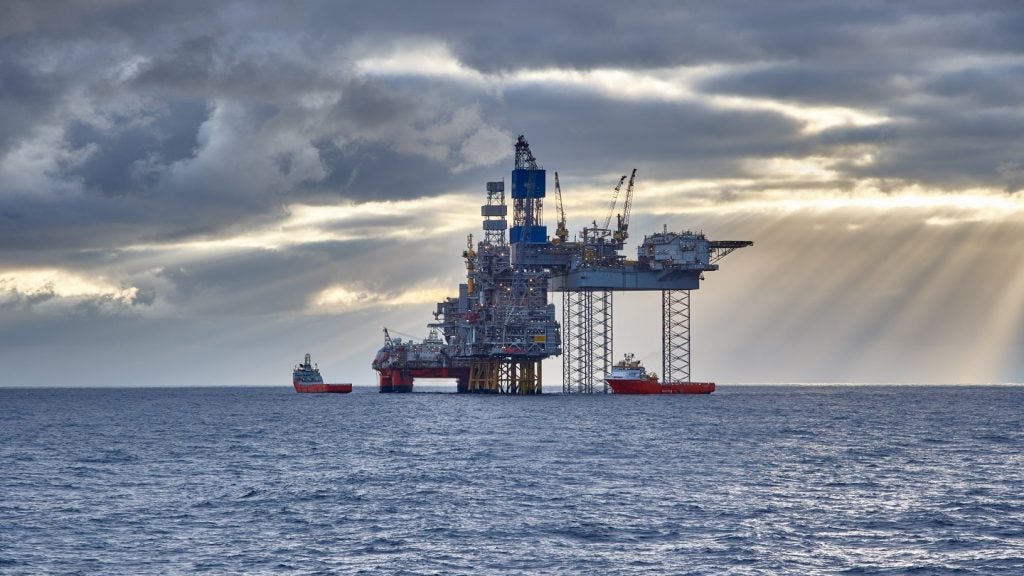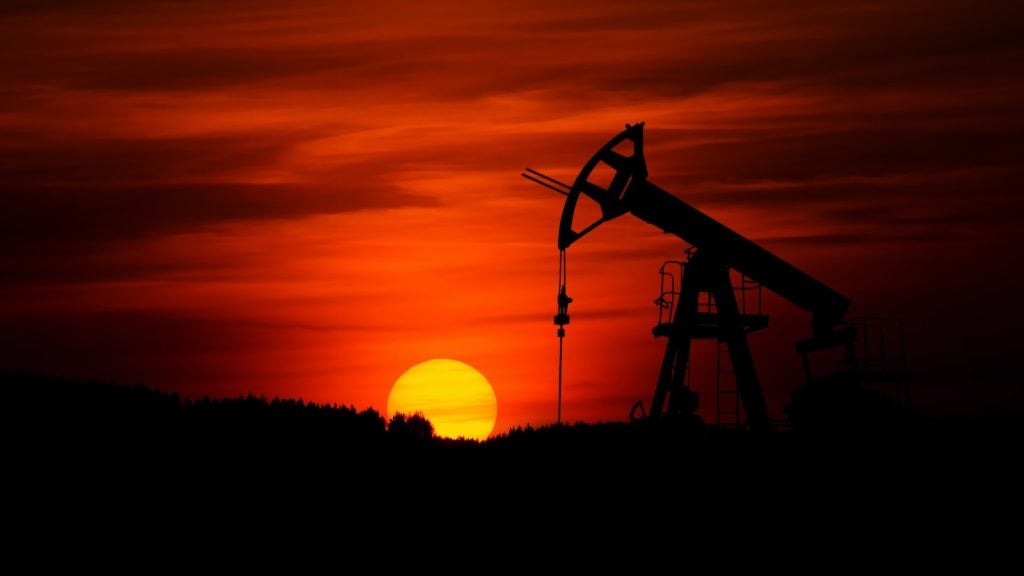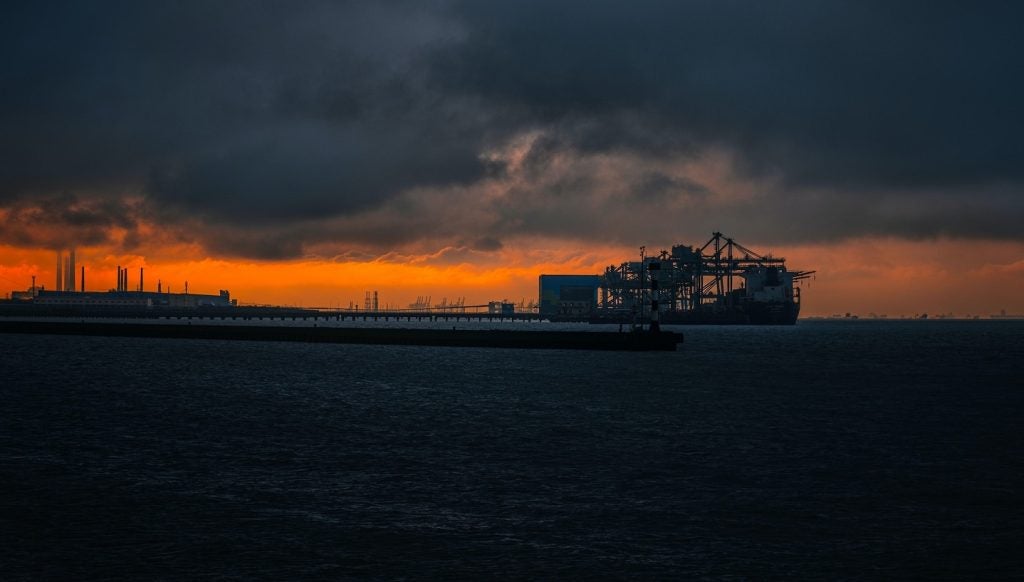BrasFELS Shipyard (BrasFELS), a member of Singapore-based Seatrium, has secured a topside modules fabrication contract for a floating production, storage and offloading (FPSO) vessel in Brazil.
The contract, awarded by Modec Group company Offshore Frontier Solutions, is for the Equinor-operated Raia gas and condensate project in Brazil.
Under the contract, BrasFELS will be responsible for the fabrication of three modules including vapour recovery unit/ flare knockout; oil separation and stabilisation; and the flowline circulation and metering and utility systems for the FPSO Raia.
The project is due to be carried out by Seatrium’s BrasFELS shipyard in Angra dos Reis, Rio de Janeiro, Brazil.
Work is scheduled to commence in the first quarter of 2024.
In a press statement, Seatrium said: “The latest win marks the eighth project collaboration between BrasFELS and MODEC, reflecting the long-standing partnership the two organisations have enjoyed for more than a decade.”
MODEC is serving as front end engineering design (FEED) and engineering, procurement, construction and installation (EPCI) for the entire FPSO.
Seatrium Americas Oil & Gas executive vice-president Marlin Khiew said: "Over the years, we have leveraged our deep engineering expertise, international yard footprint and strong track record to deliver over 260 floating production unit (FPU) and FPSO conversions and newbuilds, solidifying our market leadership in this product segment.”
The FPSO Raia is expected to have processing capacity of 126,000bopd and 16 million cubic metres of gas per day.
Due to be deployed in the giant pre-salt area in the southern part of the Campos Basin, the FPSO will also have a storage capacity of two million barrels of crude oil.
In September 2023, Equinor, on behalf of the BM-C-33 consortium, submitted the declarations of commerciality and plans of development to the National Agency of Petroleum, Natural Gas and Biofuels for two fields in the BM-C-33 concession area offshore Brazil.
In the declaration, the consortium partners recommended the names for the two areas as Raia Manta and Raia Pintada.


